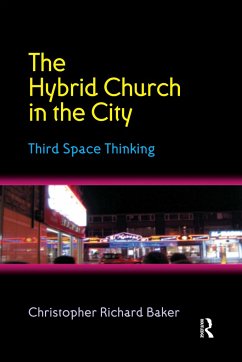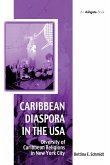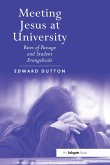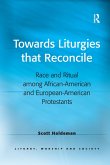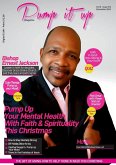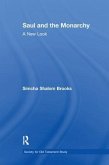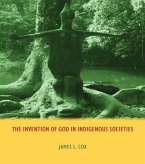The era of post-colonialism and globalisation has brought new intensities of debate concerning the existence of diversity and plurality, and the need to work in partnerships to resolve major problems of injustice and marginalisation now facing local and global communities. The Church is struggling to connect with the significant economic, political and cultural changes impacting on all types of urban context but especially city centres, inner rings and outer estates and the new ex-urban communities being developed beyond the suburbs. This book argues that theology and the church need to engage more seriously with post-modern reality and thought if points of connection (both theologically and pastorally) are going to be created. The author proposes a sustained engagement with a key concept to emerge from post-modern experience - namely the concept of the Third Space. Drawing on case studies from Europe and the USA primarily, this book examines examples of Third Space methodologies to ask questions about hybrid identities and methods churches might adopt to effectively connect with post-modern cities and civil society. Particular areas of focus by the author include: the role and identity of church in post-modern urban space; the role of public theology in addressing key issues of marginalisation and urbanisation as they impact in the 21st century; the nature and role of local civil society as a local response to globalised patterns of urban, economic, social and cultural change.
Hinweis: Dieser Artikel kann nur an eine deutsche Lieferadresse ausgeliefert werden.
Hinweis: Dieser Artikel kann nur an eine deutsche Lieferadresse ausgeliefert werden.

